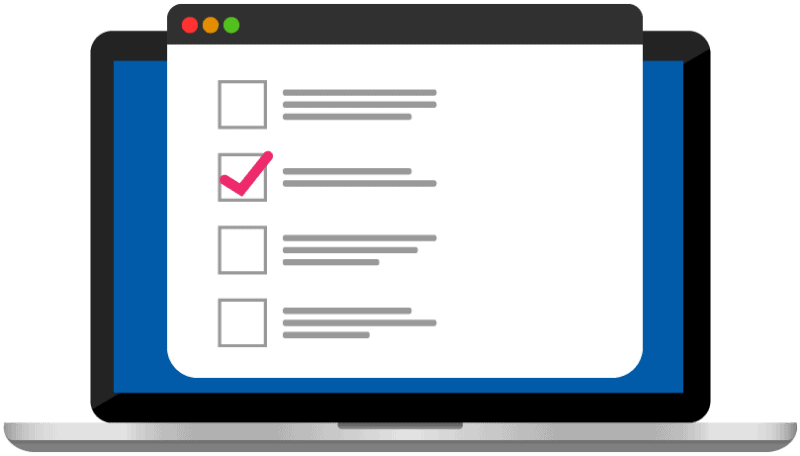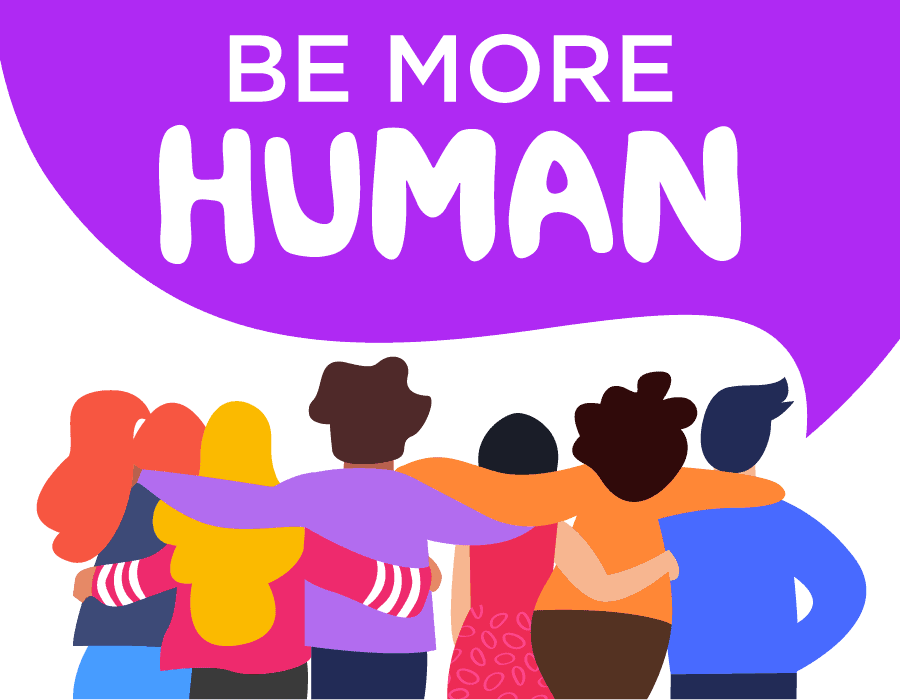Blind Surveys – The Key to Uncovering Business Insights
As every good marketer knows, the first rule of effective marketing is “know your audience”. Better yet, know them better than they know themselves.
But, paraphrasing from “Alice in Wonderland”, this is very good advice that is very seldom followed. Or at least, not very often.
So you owe it to yourself to ask some hard questions:
• How well do you know your customers?
• What are their business needs?
• How do they perceive your company?
• What is their level of satisfaction with your products and services?
• How have their customer service interactions been?
• And importantly, how do they see you in comparison with your competitors?

These are fundamental questions you need to ask before embarking on any new initiative, developing a brand strategy, making busines plans or marketing to prospects. Understanding the needs and wants of current and prospective customers will shape how you allocate your budget, how you prioritize and promote your products and services.
Your customer success team is on the front line as the department of first impressions and delivery. But are they building brand loyalty with customers? Is there room for improvement?
Customer research is the key to gauging brand differentiation and understanding whether your brand projects the right image and message. Guess at these answers at your peril.
Surveys to the Rescue
Fortunately, there’s a tool that can easily answer all of these questions. A well-crafted and appropriately timed online survey can yield tremendous insights and can provide actionable data.
- Customer Satisfaction Survey: This survey is useful for gaining opinions about your company and offerings. It can tell you which products or services are valued—and how much.
- Blind Perception Survey: This survey can be used to uncover attitudes and perceptions about you and your competitors? Are your customers and non-customers aware of what you do?
- Customer Needs Assessment: With this survey, you can find out which product features and or service benefits your customers and non-customers need. And equally important, are these needs being met by competitors?

A survey can inform you about what is breaking through to customer awareness, what your customers value about you, as well as your strengths, weaknesses and opportunities.
Why a Blind Survey May Be the Best Approach
Although any of these surveys can be useful, a blind survey can be particularly advantageous, especially if you’re concerned about response bias—that is, if you think there’s a chance that your respondents might not tell you the truth.
This is a well-known phenomenon. For example, if someone has a great relationship with their customer service representative at a company, they may want to provide positive survey answers to reflect well on the rep – or avoid negative survey answers to avoid getting the rep in trouble.
Of course, you want to know the truth because you’ve got a lot riding on the answers to these questions. A blind survey can prevent possible bias (positive or negative) about the organization sponsoring the survey.
There’s a lot to conducting a blind survey, but we’ve only scratched the surface. Learn more about blind surveys in our next post:

Elizabeth McKenna, CAE
Principal & Managing Partner
SAY HELLO.
Does it meet the objectives of keeping loyal customers and building your brand?
From assessing your website search performance, its design and content, we can build a digital strategy that includes email marketing and social media to grow site traffic, increase conversions and make your site visitors come back for more.




